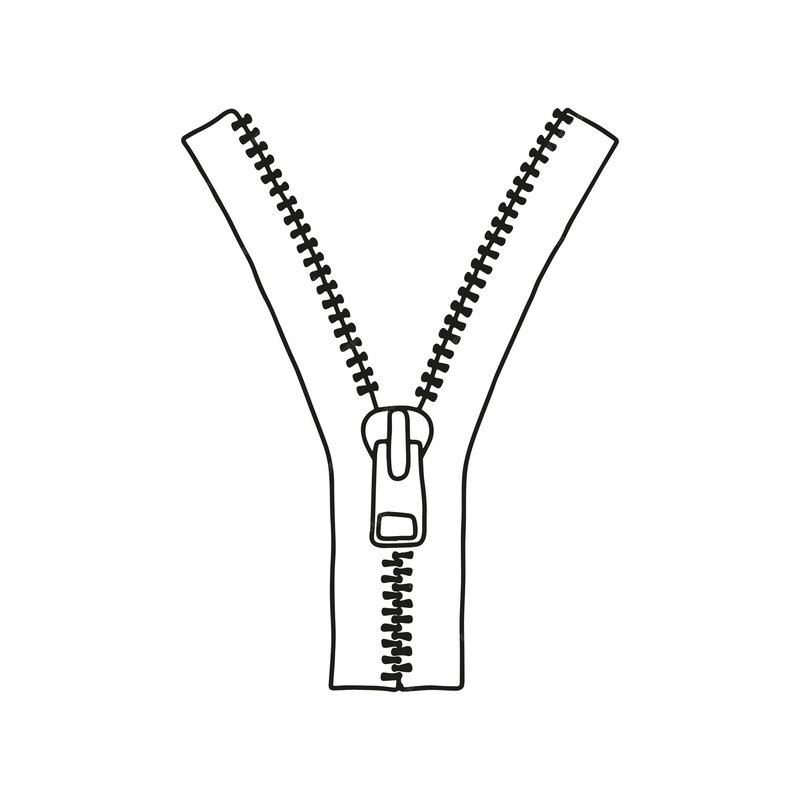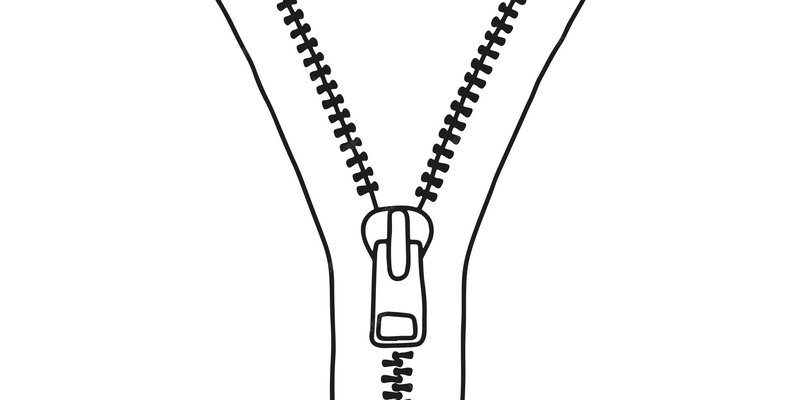
Think of this checklist like a lifeboat. It’s there to help you stay afloat when things get rough. Preparing for a blackout doesn’t just mean throwing some flashlights in a drawer and calling it a day. It’s about crafting a thoughtful plan to manage everything from your essential needs to entertainment during your power-free hours. Let’s dive in!
Understanding the Impact of a Blackout
Blackouts can happen for various reasons. Storms, equipment failures, or even high demand in hot summer months can cause a sudden loss of power. You might be wondering, “What happens during a blackout?” Well, everything that runs on electricity stops working. Your refrigerator won’t keep food cold, your phone may run out of battery, and your home will get darker than a movie theater after a blockbuster.
Here’s the thing: preparation is key. Knowing what to do before and during a blackout can significantly ease the stress you might face. It’s like being handed a map before embarking on a road trip; it helps you navigate through challenges that could pop up along the way.
So, what’s on the survival checklist? Let’s break it down step by step.
Essential Supplies for Your Blackout Kit
Creating a blackout survival kit is a smart first step. You’ll want it to be easily accessible, so consider storing it in a dedicated container. Here’s a list of essential supplies to include:
- Flashlights: Make sure you have a couple with extra batteries. Candles are nice, but they can be a fire hazard.
- First aid supplies: Include bandages, antiseptics, and any personal medications you might need.
- Non-perishable food: Think canned goods, granola bars, or anything that doesn’t need cooking.
- Water: Aim for at least a gallon per person per day.
- Portable phone charger: Consider getting one powered by solar or a power bank to keep your phone alive.
Having these items on hand will make a huge difference. Imagine trying to find a flashlight in the dark or realizing you have no food left. Your blackout kit will ensure that you’re ready for whatever comes your way.
Keeping Your Food Safe
One major concern during a blackout is food safety. When the power goes out, your refrigerator’s temperature can rise quickly, leading to spoilage. The USDA recommends keeping the fridge door closed as much as possible to maintain the temperature.
You might be surprised to learn that food can stay safe in your fridge for about 4 hours if the door is kept closed. However, your freezer can keep food frozen for about 48 hours if it’s full. So, it’s wise to monitor the time and consider investing in a good cooler and ice packs for critical items.
Additionally, having a thermometer in your refrigerator can be a lifesaver. If the temperature rises above 40°F, you’ll know it’s time to either eat what you can or toss items that might not be safe.
Staying Informed During a Blackout
Communication is vital during a blackout. You want to stay informed about how long the power might be out or any safety advisories. Having a portable radio is a great investment; it allows you to listen to local updates without using your phone’s battery.
You might consider a crank-powered or solar radio, too. This way, you’re not relying solely on batteries. Plus, if you have kids, turning on the radio might just turn the situation into an unexpected adventure!
Remember, your phone can be a lifeline but using it too much for updates may leave you with a dead battery. Balancing your communication methods is key.
Managing Your Home’s Temperature
Depending on the season, a blackout can make your home too hot or too cold. In the summer, temperatures can soar, while winter can bring a chill. Keep your home’s temperature manageable with these tips:
- Use natural ventilation: Open windows during the day to let in cooler air and close them at night to trap any coolness.
- Close curtains: In summer, dark curtains can block out heat from the sun. In winter, open them during the day for sunlight and close them at night to retain heat.
- Layer up: When it’s cold, wear warm layers and cozy up with blankets. The body thermostat can handle a bit of chill as long as you’re bundled up.
Here’s a helpful tip: Maintaining your home’s temperature isn’t just about comfort; it’s crucial for safety. Extreme temperatures can pose health risks, especially for young children and the elderly.
Entertainment Ideas to Pass the Time
When the lights go out, it can feel like the world has stopped. But it doesn’t have to! Having some entertainment options ready can help keep morale up. Here are some ideas to consider:
- Board games: Dust off those forgotten games and enjoy some quality time with family and friends.
- Books: Conversations might flow easily, or you can dive into that book you’ve been wanting to read.
- Outdoor activities: If the weather permits, take a walk, go outside, or have a picnic on your lawn.
Engaging in these activities can not only pass the time but also foster deeper connections with the people around you.
Creating a Communication Plan
In case of a blackout, especially if it’s prolonged, having a solid communication plan is crucial. Discuss with your family how you’ll stay connected and where you’ll meet up if you get separated.
Consider setting up a group text for quick updates or designating a family member as the point of contact. This way, everyone knows who to reach out to for information. If your phones die, think about alternate locations where you could check in, like a local friend’s house or a nearby community center.
By having a plan, you can reduce stress and ensure that everyone stays safe.
Final Thoughts on Blackout Preparedness
Having a blackout survival checklist is like having a safety net in your back pocket. It ensures that you’ll be ready for anything, from a short power outage to something more long-term. By gathering essential supplies, staying informed, and having a plan, you can turn a potentially stressful situation into something manageable.
Remember, preparation is key, and it’s all about making sure you and your loved ones stay safe and sound. So, take some time today to start crafting your checklist. You never know when you might need it!
